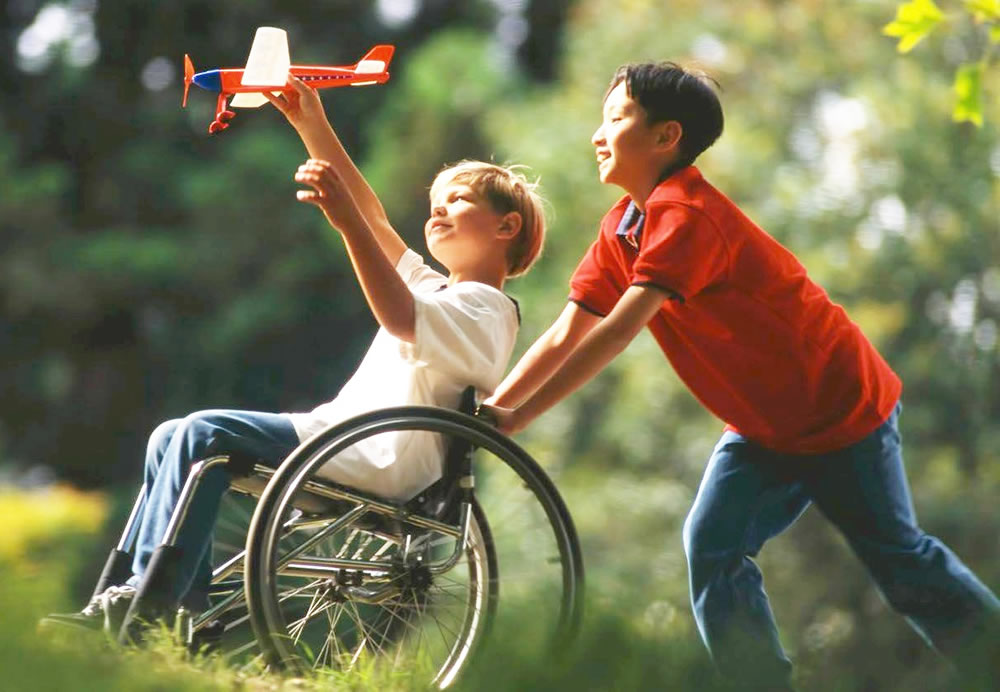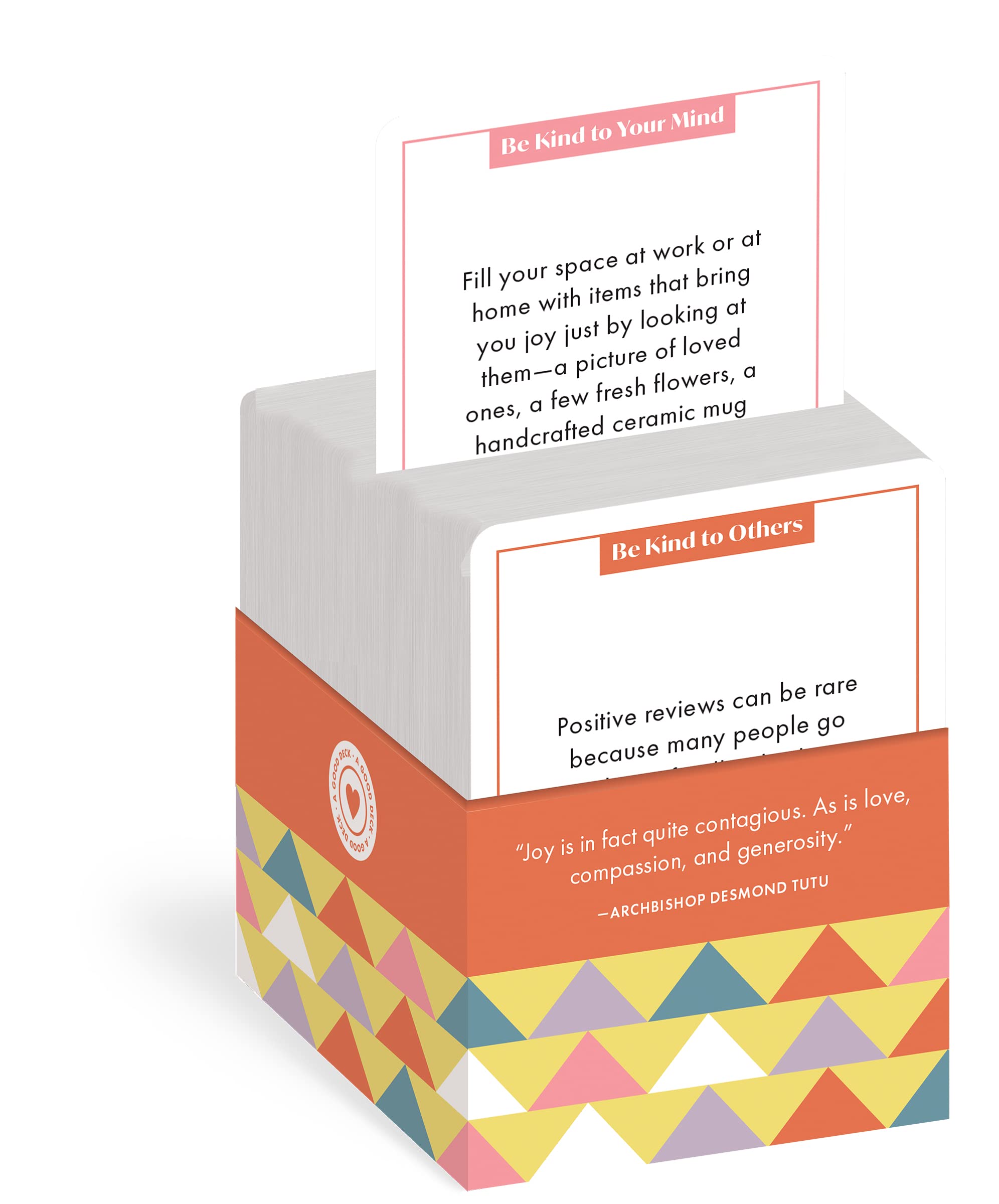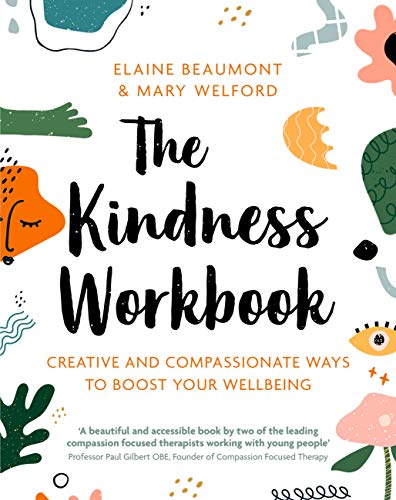The Science of Kindness: Exploring the Ripple Effect of Altruism
In a world that often seems hectic and divided, the simple act of kindness can be a powerful force for good. But what exactly happens when we choose to be kind? What's the science behind those warm feelings and how do they impact others and ourselves?
 |
| Small acts of kindness can create ripples of positivity. |
The Kindness Connection: A Scientific Perspective
Picture this: You hold the door open for someone at the grocery store, or you help a friend move into a new apartment. It might seem like a small act, but from a scientific standpoint, it's part of a vast network of positive interactions that scientists call the "kindness connection."
Research has shown that when you perform an act of kindness, your brain releases a rush of feel-good chemicals. Endorphins, dopamine, and serotonin, known as the "happiness trifecta," flood your system. This not only boosts your mood but also reduces stress and anxiety. So, in essence, being kind makes you happier and less stressed.
 |
| Understanding the science behind altruistic acts. Source. |
The Ripple Effect: How Kindness Spreads
The beauty of kindness lies in its ripple effect. When you're kind to someone, they're more likely to be kind to others. It creates a domino effect of positivity that extends far beyond the initial act. This is known as "emotional contagion" in psychology.
Think of it this way: when you smile at a stranger, they're more likely to smile at someone else. Your single act of kindness sets off a chain reaction of goodwill. It's like dropping a pebble into a pond and watching the ripples spread.
 |
| Source. |
Kindness and Health: A Surprising Link
While it's clear that kindness benefits our mental and emotional well-being, it's also closely linked to physical health. Research indicates that people who regularly engage in acts of kindness tend to have lower blood pressure, reduced inflammation, and even a longer lifespan. The positive emotions associated with kindness have a protective effect on our bodies.
Practicing Kindness in Daily Life
Incorporating kindness into your daily routine doesn't have to be complicated. Small acts of kindness like complimenting a colleague's work, donating to a local charity, or simply listening to a friend can make a significant impact. And the best part? It's contagious.
 |
| Kindness spreads like wildfire, touching lives along the way. Source. |
In a world that often emphasizes competition and self-interest, kindness stands out as a powerful force for positive change. It's not just a warm feeling; it's a scientifically proven way to boost happiness, improve health, and create a ripple effect of positivity. So, let's embark on a kindness revolution, one act at a time.





